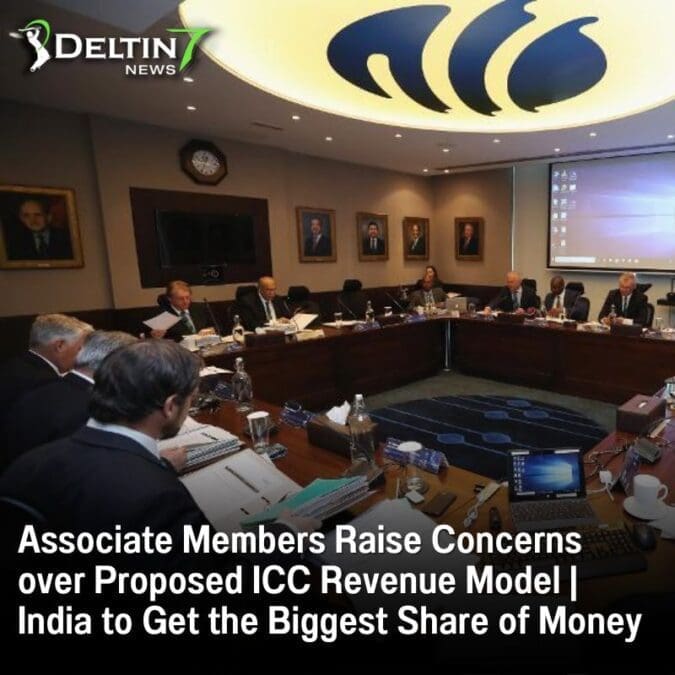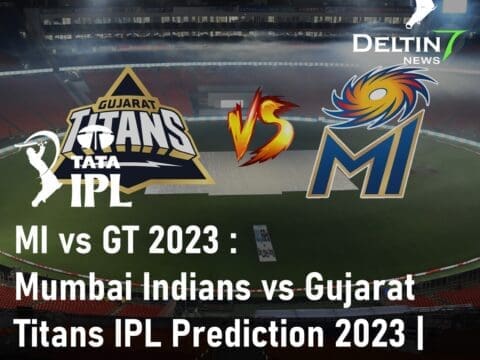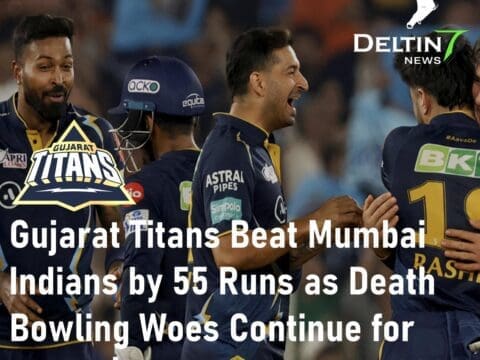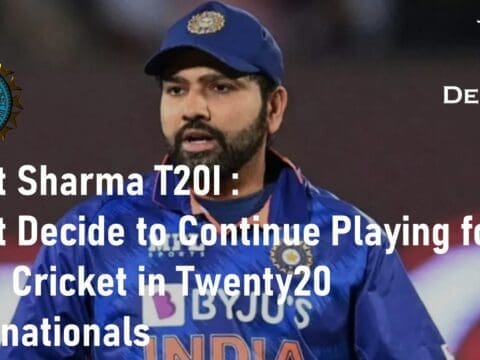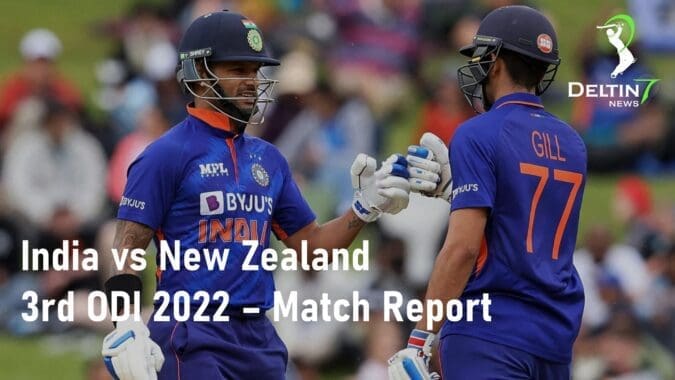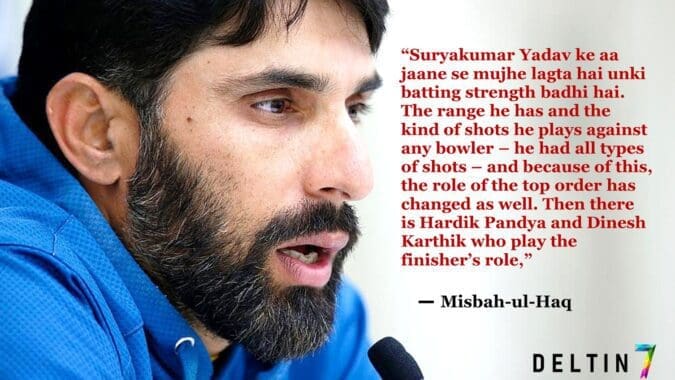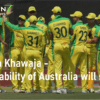
Associate Members Raise Concerns over Proposed ICC Revenue Model | India to Get the Biggest Share of Money
In a development that could have far-reaching consequences for the growth of the game, several Associate member boards have expressed their fears regarding the proposed new international revenue-distribution model. The model, which heavily favors cricketing superpowers, has raised concerns about the potential stalling of the game’s progress. The International Cricket Council (ICC) has put forward a new revenue-sharing model for the 2024-27 cycle, which will be voted on during the board meeting scheduled for July in Durban.
Under the proposed model, the Board of Control for Cricket in India (BCCI) would claim a significant 38.5% of the annual earnings, primarily due to its substantial contribution to the commercial revenue pot. Meanwhile, the 12 Full Members of the ICC would collectively take 88.81% of the revenue, leaving the remaining percentage to be distributed among the 94 Associate members.
While the ICC has not officially commented on these figures, general manager Wasim Khan did state that all members would receive more money under the proposed model compared to previous cycles. However, the Pakistan Cricket Board (PCB) has already voiced its opposition to the model in its current form, and similar sentiments are brewing among other less-developed cricketing nations.
Sumod Damodar, vice-chairman of Botswana’s cricket board and one of the three Associate member representatives on the ICC Chief Executives’ Committee, expressed his concerns about the proposal, stating that it fails to meet the needs of Associate members. Damodar emphasized that Associate members who have earned One Day International (ODI) status require more financial support to sustain their high-performance programs. Additionally, he argued that other Associate members need funds to bridge the gap and further develop their cricketing infrastructure. Citing the rapid rise of Nepal in men’s cricket and Thailand in women’s cricket, Damodar asserted that more countries would be able to excel if they were provided with the necessary financial backing.
Tim Cutler, the chief executive of the Vanuatu Cricket Association, echoed Damodar’s sentiments, stating that the proposed revenue model would only exacerbate the existing inequality between cricket’s haves and have-nots. Cutler expressed his concern that the proposed changes would further deepen this imbalance, thereby endangering the future of the game. He further emphasized that cricket’s global reach would remain limited if the allocation of funds is not more equally distributed with the aim of expanding the game to new territories.
The proposed revenue model has faced criticism for its heavy weighting toward the larger cricketing nations, with some arguing that it perpetuates the existing inequality within the sport. With Full Members holding 12 of the 17 total votes on the ICC board, Cutler likened the situation to “turkeys voting for Christmas” if the larger nations were to divert funds away from themselves or make independent decisions for the betterment of the game.
Former ICC president Ehsan Mani highlighted the risks associated with the over-dependence on a single country for the generation of cricket revenues. Mani, who formerly served as the chairman of the PCB, emphasized the huge commercial potential of several cricketing nations and criticized the disproportionate distribution of revenues, particularly to India. He advocated for equal shares for all Full Members, stating that a strong cricketing landscape requires the development and support of nations like the West Indies, South Africa, Sri Lanka, Bangladesh, and Pakistan. Mani further stressed that the lack of investment in certain countries, such as Zimbabwe, Ireland, and Afghanistan, could render the game unsustainable and ultimately diminish the overall quality of world cricket.
As the ICC prepares for its board meeting in July, the concerns raised by Associate members will likely factor into the discussions surrounding the proposed revenue model. The debate over the distribution of cricket revenues highlights the need for a balanced approach that fosters the growth of the game while ensuring equitable opportunities for all nations involved. The decisions made by the ICC in the coming months will play a crucial role in shaping the future of cricket and determining whether the sport can truly become a global phenomenon.




